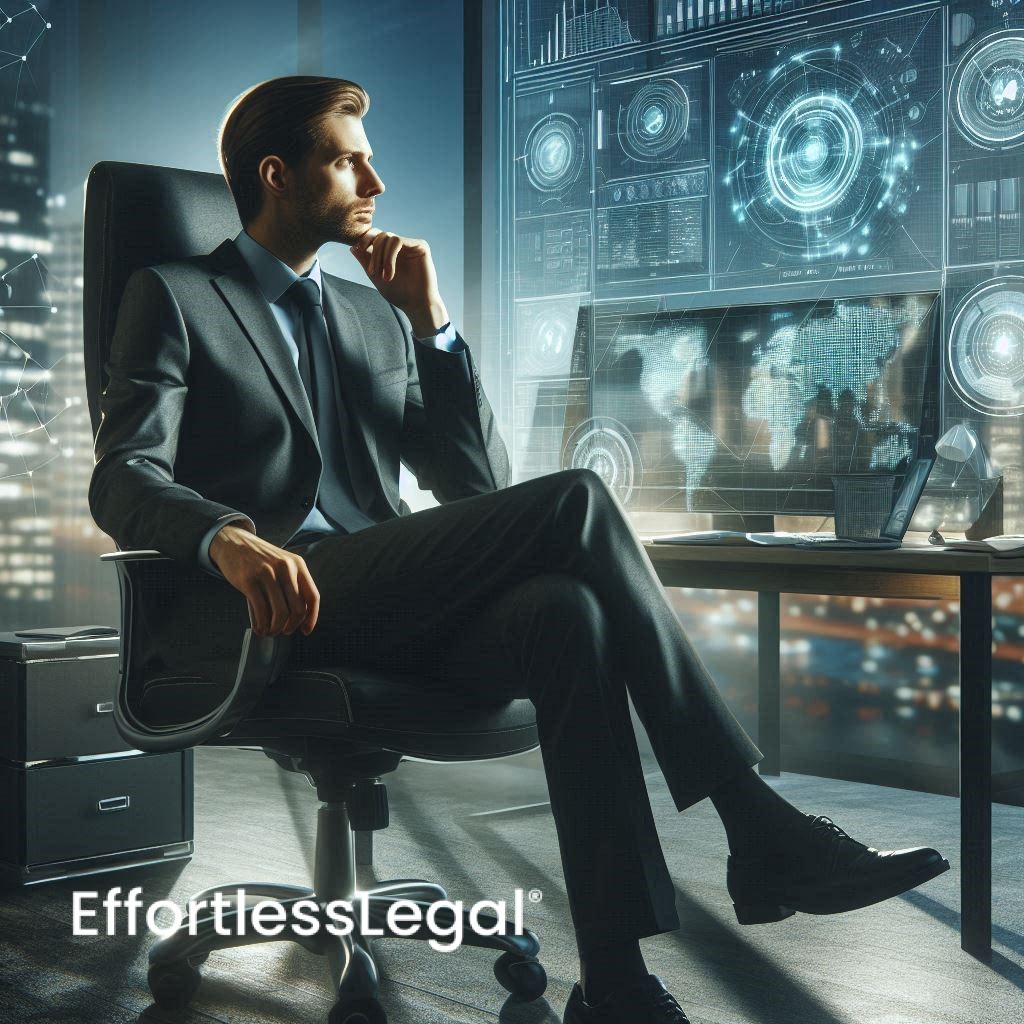Generative AI: What Lawyers Need to Consider With Legal Billing
When using generative artificial intelligence (AI), lawyers must carefully balance the desirable improvements in efficiency with ethical and professional responsibility issues.
As the technology develops, more law firms are increasingly using AI to expedite tasks and eliminate manual processes, such as creating legal documents and evaluating contracts.
In an industry where professional conduct regulations are stringent, the use of generative AI for lawyers and AI-powered applications present significant ethical concerns.
In a previous article, we covered a few of the ethical concerns surrounding the use of generative AI for lawyers. This article will concentrate on a few particular problems with legal billing practices and procedures.
“Generative AI For Lawyers”
Even though artificial intelligence (AI) has received a lot of attention lately, it is worth remembering that numerous businesses have been using the technology for more than ten years, from e-commerce automation applications to industrial facilities employing robots.
In fact, AI has been used by law firms for a long time, particularly in the discovery process. It is also frequently used by clients to evaluate legal bills and by law firms to expedite and improve their legal billing.
Generative AI is one particular kind of artificial intelligence. Generative AI is now frequently used to produce creative content, including text, photos, videos, and audio.
The technology creates new content in response to user input by utilizing complex machine learning models to identify patterns and relationships in massive datasets.
Chatbots like ChatGPT, which can generate language that sounds human, and image creation tools, which can make realistic images from descriptions, are two examples of generative AI.
This fast evolving technology has a wide range of use cases, ranging from commercial automation to the creative sectors.
There are numerous ways that generative AI for lawyers can be utilized efficiently. The majority of these use cases center on contract drafting and analysis, legal research, and the drafting of legal communications and documents.
The implementation of generative AI for law firms mandates careful consideration of the billing practices used in connection with this technology.
Generative AI For Lawyers: Key Ethical Concerns
Regrettably, news reports about “ChatGPT lawyers" and other over-confident uses of generative AI have proliferated. A few of these cases have led to penalties, sanctions, suspensions, and other unfavorable outcomes.
The Model Rules of Professional Conduct were created and maintained by the American Bar Association (ABA) for many years, and almost all United States jurisdictions have adopted all or most of these model rules. The Model Rules codify the ethical practice of law.
The requirements for lawyers to “act with reasonable diligence" (Rule 1.3), “provide competent representation to a client" (Rule 1.1), and not make false statements of fact or law to courts or other third parties (Rules 3.3 and 4.1) are just a few of the ethical rules that apply in the context of “ChatGPT lawyers". These issues are discussed in detail in our previous article, and in the American Bar Association's Formal Opinion 512 regarding “Generative Artificial Intelligence Tools".
To guarantee that AI-generated work product satisfies ethical and professional standards, lawyers must carefully verify the accuracy of the work product. Lawyers need to thoroughly analyze and validate any content created by AI before relying on it exclusively.
This is essential for complying with the lawyer’s the duties of competence, diligence, and accuracy as well as for preserving the quality of the legal work.
The next concern is how should attorneys charge for their services that are required in order to avoid being the next “ChatGPT lawyer."
Should billing rates be raised, for instance, to reflect the higher degree of legal judgment and diligence needed to thoroughly examine and evaluate drafts produced by generative AI?
For an additional example, should law firms charge different rates for evaluating AI-generated drafts than for tasks — like making phone calls and participating in oral arguments — that are currently outside the reach of generative AI technology?
Regarding the obligations of a lawyer in their professional capacity, there are numerous questions that need to be answered.
In particular, a considerable focus ought to center on fee agreements and the responsibilities relating to “reasonable" legal fees.
What About Fee Agreements?
When using generative AI for lawyers, such as drafting legal documents or conducting legal research, for example, the technology can save lawyers a lot of time as compared to manual methods. However, whether and how to impose fees for the usage of AI becomes an ethical concern.
Lawyers are required by ethical rules to effectively describe to their clients the reason for their fees.
Specifically, Rule 1.5(b) requires that “[t]he scope of the representation and the basis or rate of the fee and expenses for which the client will be responsible shall be communicated to the client," among other pertinent requirements.
This indicates that clients should be made aware of the employment of generative AI and how it affects what the client will be charged if the technology is utilized to speed up services.
Remember That Fees Must Be “Reasonable”
Attorneys have a duty to bill in a way that is reasonable in relation to the services rendered.
In particular, “[a] lawyer shall not make an agreement for, charge, or collect an unreasonable fee or an unreasonable amount for expenses," according to Rule 1.5 of the ABA Model Rules of Professional Conduct. The Rule then lists eight criteria to be taken into account when judging whether a fee is acceptable. See Rule 1.5(a).
When it comes to billing, attorneys must be careful not to violate the “reasonableness" rule.
For example, attorneys need to exercise “billing judgment," and “make a good-faith effort" to exclude charges and expenses “that are excessive, redundant, or otherwise unnecessary." Hensley v. Eckerhart, 461 U.S. 424 (1983).
Typically, this means that in addition to reviewing billing entries and “pre-bills" to prevent unethical charges, law firms must also make any necessary revisions or adjustments to meet client requirements and expectations. AI-powered legal billing tools can simplify this process significantly.
This is also true with generative AI. For instance, clients should only be charged for the time that the attorney actually spends analyzing and revising documents produced by generative AI, and not for the time saved by the attorney.
In fact, numerous recommendations from a number of state bar associations stress that billing ought to represent the job that the attorney actually completes, not the capabilities of the technology they use.
Conclusion
Even though generative AI for lawyers has the potential to improve legal billing efficiency, law firms must employ the technology responsibly and in accordance with their professional obligations.
The modern lawyer's task is to strike a balance between using cutting-edge technology and upholding his or her ethical and professional duties to their clients, the courts, and the legal system as a whole.
The care that attorneys and law firms take to make sure that their use of technology advances justice without sacrificing their professional ethics is equally as important as generative AI's further evolution in the legal space.






